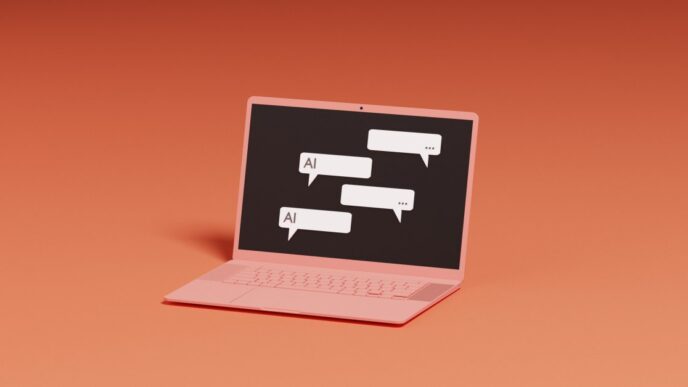Microsoft just dropped a major study showing which U.S. jobs AI is hitting hardest. The firm analyzed 200,000 real-world chats from Microsoft Copilot over nine months in 2024. They mapped AI use to job tasks, creating an “AI applicability score” that measures how much AI is actually helping or changing work.
At the top of AI disruption? Interpreters, translators, historians, writers, and sales reps. These roles often involve writing, editing, or client communication — all areas where AI shines. Customer service reps, tech writers, editors, data scientists, and public relations pros also rank high for AI impact.
On the flip side, physically demanding or skilled equipment jobs barely feel the AI effect. Dredge operators, bridge and lock tenders, and water treatment operators all scored zero for AI use. Roofers, rail track maintainers, massage therapists, and many health workers like nursing assistants and phlebotomists also rank low.
Microsoft warns AI isn’t fully replacing jobs but transforming tasks radically.
Kiran Tomlinson, senior Microsoft researcher and lead author, said:
“Our study explores how AI may shape occupations by examining real-world usage.”
“It introduces an AI applicability score that measures the overlap between AI capabilities and job tasks, highlighting where AI might change how work is done—not necessarily replace jobs.”
Over 8.4 million U.S. workers hold one of the 40 most AI-impacted roles. The numbers raise alarm as some Americans worry about AI’s job market effect. A 2023 MIT memo estimates 1.6 to 3.2 million U.S. jobs could disappear from AI automation in the next 20 years.
No federal laws yet protect workers from AI-driven layoffs, but bills like the No Robot Bosses Act and Stop Spying Bosses Act aim to regulate AI use in hiring and management. Some states, including New York and Illinois, require audits and disclosures for AI hiring tools.
Still, government incentives like the CHIPS Act push fast AI adoption across sectors like transportation and healthcare, threatening roles for drivers, technicians, and admins.
Tomlinson summed it up:
“Our research shows that AI supports many tasks, particularly those involving research, writing, and communication, but does not indicate it can fully perform any single occupation.”
“As AI adoption accelerates, it’s important that we continue to study and better understand its societal and economic impact.”
Read the full study here.
mediaphotos/Getty Images














